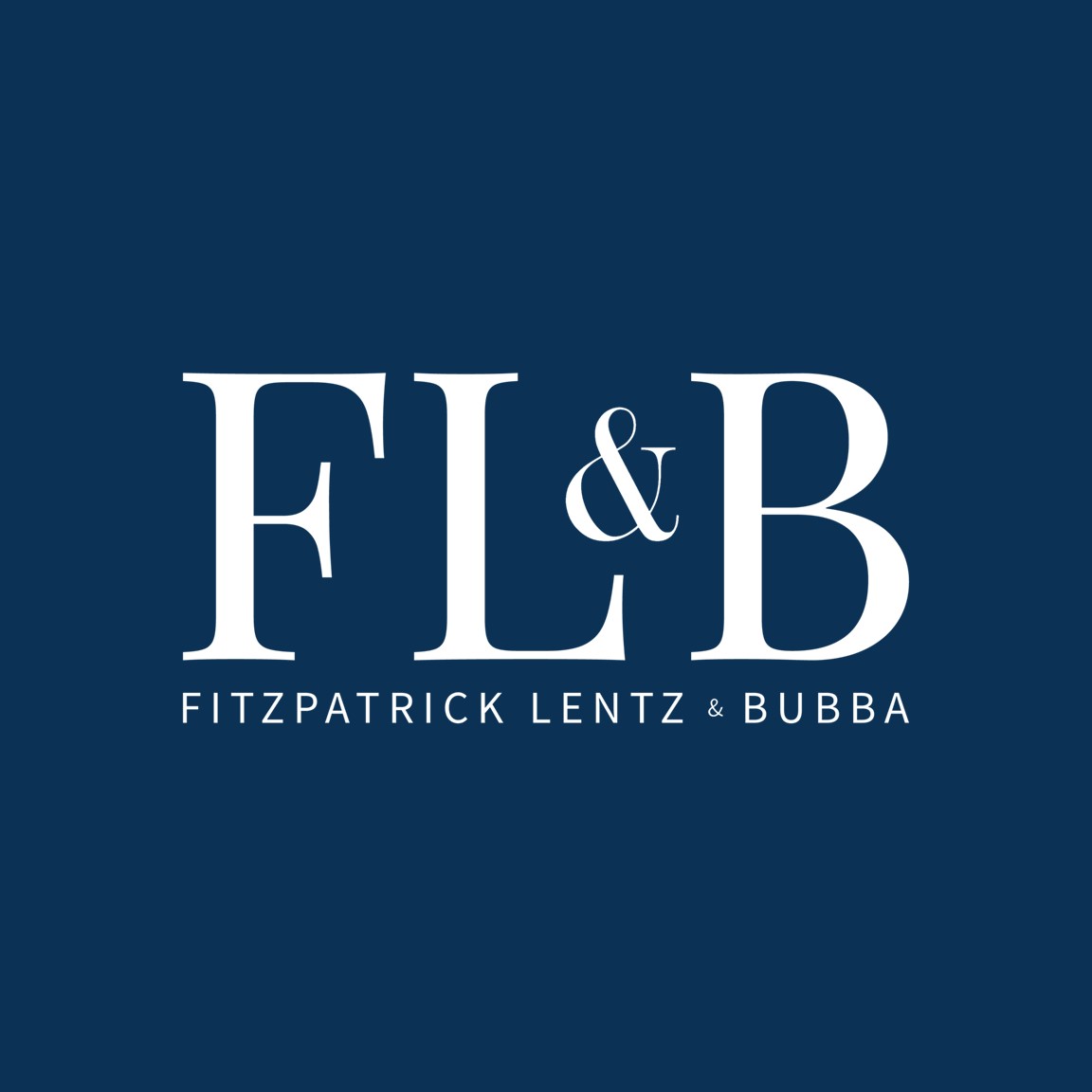The confluence of recent patent opinions from the Federal Circuit and the District of Delaware looks to be bringing the standard for patent venue, post-TC Heartland, into sharp focus.
Last week the Federal Circuit held in In re Cray (17-129) that Eastern District of Texas judge Gilstrap abused his discretion when he refused transfer of the underlying patent infringement case. Applying TC Heartland, Judge Gilstrap found that, although Cray did not “reside” in Texas because it was not incorporated there, the company nonetheless could be sued in Texas federal courts because it maintained “a regular and established place of business” in the Eastern District of Texas within the meaning of 28 U.S.C. § 1400(b), by virtue of the presence of two remote Cray employees in the district. The Federal Circuit disagreed and issued a writ of mandamus ordering transfer of the case.
Ten days earlier, Chief Judge Stark of the District of Delaware issued twin opinions elucidating a patent venue test under TC Heartland fully considering the bounds of the patent venue statute:
It is undisputed that after TC Heartland, which held that a corporate defendant “resides” only in its state of incorporation for purposes of determining where venue is proper in a patent case, see 28 U.S.C. §1400(b), Defendants, who are not Delaware corporations, can no longer be said to “reside” in Delaware. TC Heartland did not, however, address the second prong of §1400(b), which makes venue proper in a district “where the defendant has committed acts of infringement and has a regular and established place of business.”
Boston Scientific Corp. v. Cook Group Inc., No. 1:15-cv-980-LPS, slip. Op. at 1 (D.Del., Sept. 11, 2017).
The court’s opinion, the same day, in Bristol-Myers Squibb Co. v. Mylan, 1:17-cv-00379-LPS (D.Del., Sept. 11, 2017), presented the above language verbatim (except for the defendant-specific phrase). It is therefore clear that the District of Delaware has set forth a well-bounded two-part test for venue determinations under TC Heartland:
- Does the defendant “reside” in Delaware by virtue of incorporation there?
- If not, is Delaware a location “where the defendant has committed acts of infringement and has a regular and established place of business”?
To answer the second question, according to the District of Delaware opinions, we must consider more than whether a prospective defendant has minimum contacts with the forum, transacts business or is registered to do business there, or has a website that permits products to be delivered there – none of which is sufficient. Judge Stark wrote:
The words of the statute, which must be the Court’s starting point, provide clear guidance as to what is required: a (i) place of business that is (ii) regular and (iii) established. As the Supreme Court has held, “[t]he language of this special statute is clear and specific.” Schnell v. Peter Eckrich & Sons, Inc., 365 U.S. 260, 262 (1961). Further, “the Supreme Court has stated that the provisions of§ 1400(b) are not to be liberally construed.”
Citing the Federal Circuit, the court further explained:
[I]n determining whether a corporate defendant has a regular and established place of business in a district, the appropriate inquiry is whether the corporate defendant does its business in that district through a permanent and continuous presence there and not … whether it has a fixed physical presence in the sense of a formal office or store.
(emphasis in original).
Judge Stark succinctly concludes:
Based on both the statutory language of § 1400(b) and Cordis, 729 F .2d at 737, the Court must determine whether a defendant has a regular and established place of business by conducting a fact intensive inquiry focused on whether the defendant does its business in this District through a permanent and continuous presence here.
(emphasis added).
In combination with the Cray opinion’s rejection of Judge Gilstrap’s permissive approach to venue, it is likely that the measure of the scope of the second factor of 1400(b) – permanent and continuous presence – is now set by the District of Delaware opinion and I find it likely that other district courts will soon follow this lead. The court does note, however, that procedural questions remain.
The Bristol-Myers opinion leaves no doubt that “[v]enue in a patent infringement action is governed solely and exclusively by the patent venue statute, 28 U.S.C. §1400(b).” That is, “[t]he general venue statute, 28 U.S.C. §1391(c), does not have any application in a patent case.” But while “it appears the majority view is that when the defendant has made a proper objection [regarding venue], the burden is on the plaintiff to establish that the chosen district is a proper venue,” “[c]ourts are not uniform in their views as to which party bears the burden of proof with respect to venue.” Id. at 6. Ultimately, “the issue of which party bears the burden of proof on a venue challenge is a procedural, non-patent issue controlled by the law of the regional circuit.” Id. at 9. We will, therefore, have to wait to see both whether Delaware’s Bristol-Myers/Boston Scientific standard is adopted by other districts with regard to 1400(b) – which is likely – and how those other districts rule when applying their own circuits’ standards for proving proper or improper venue in view of 1400(b).

